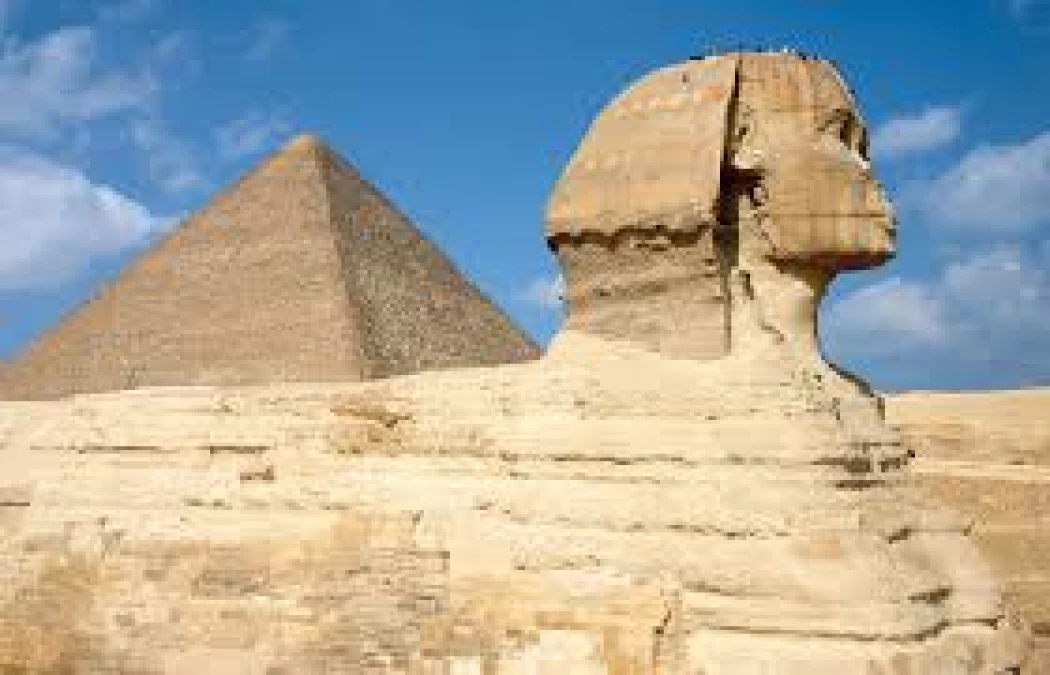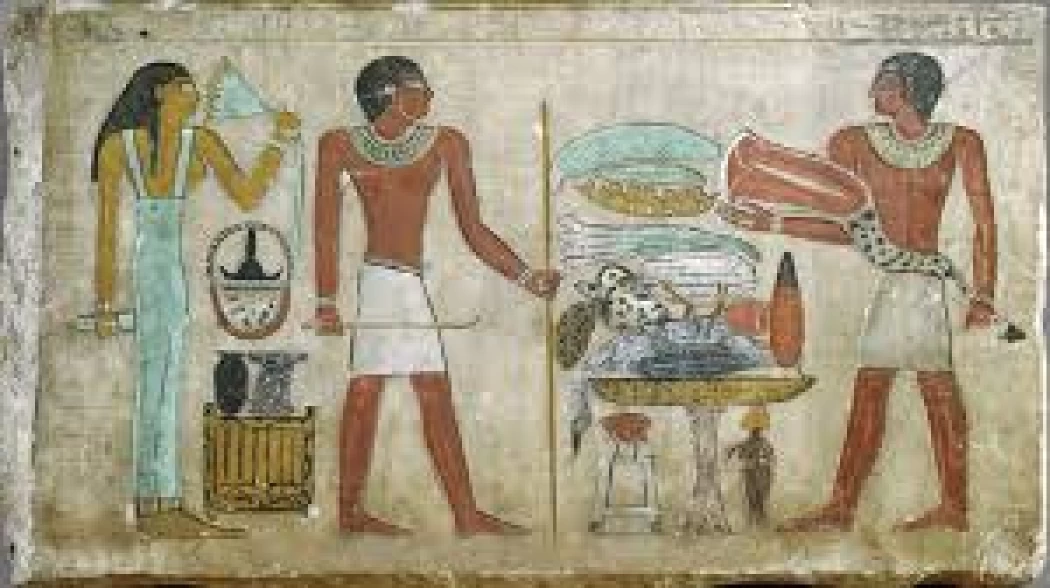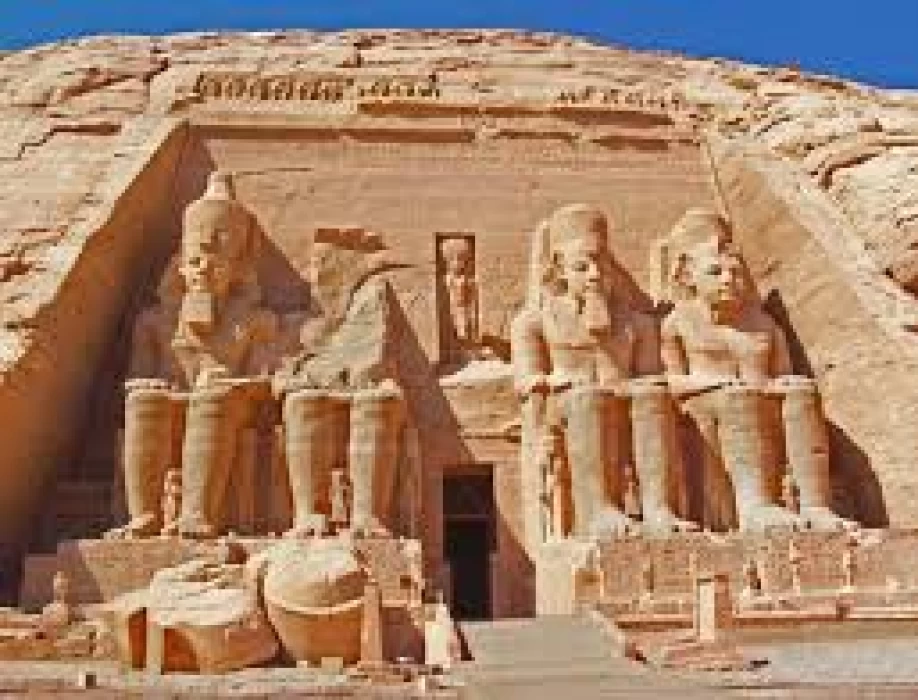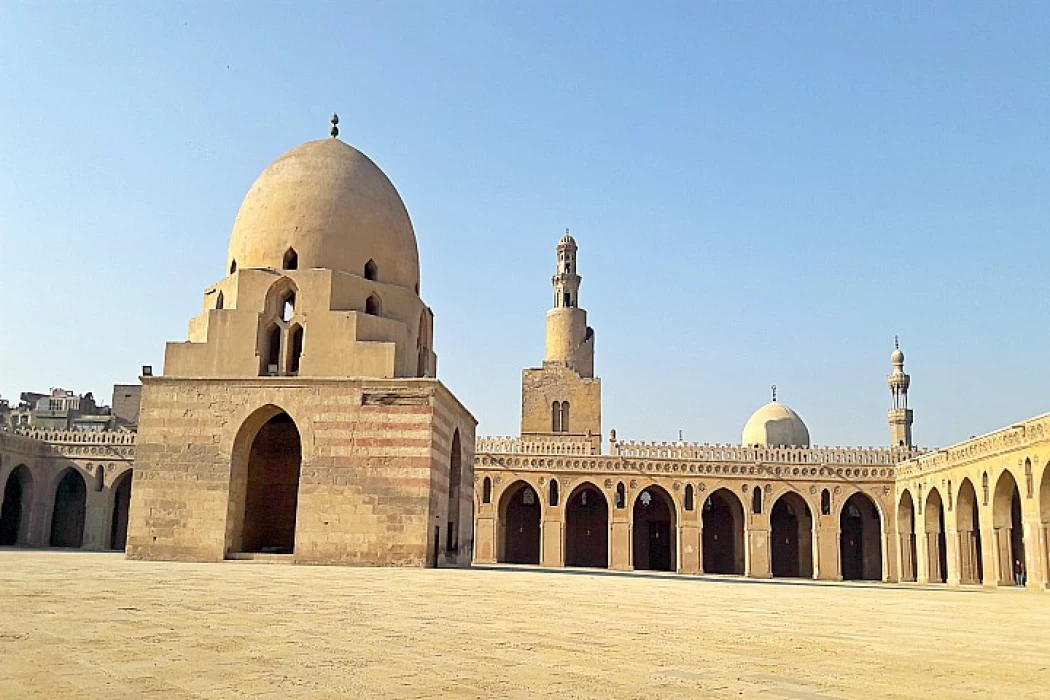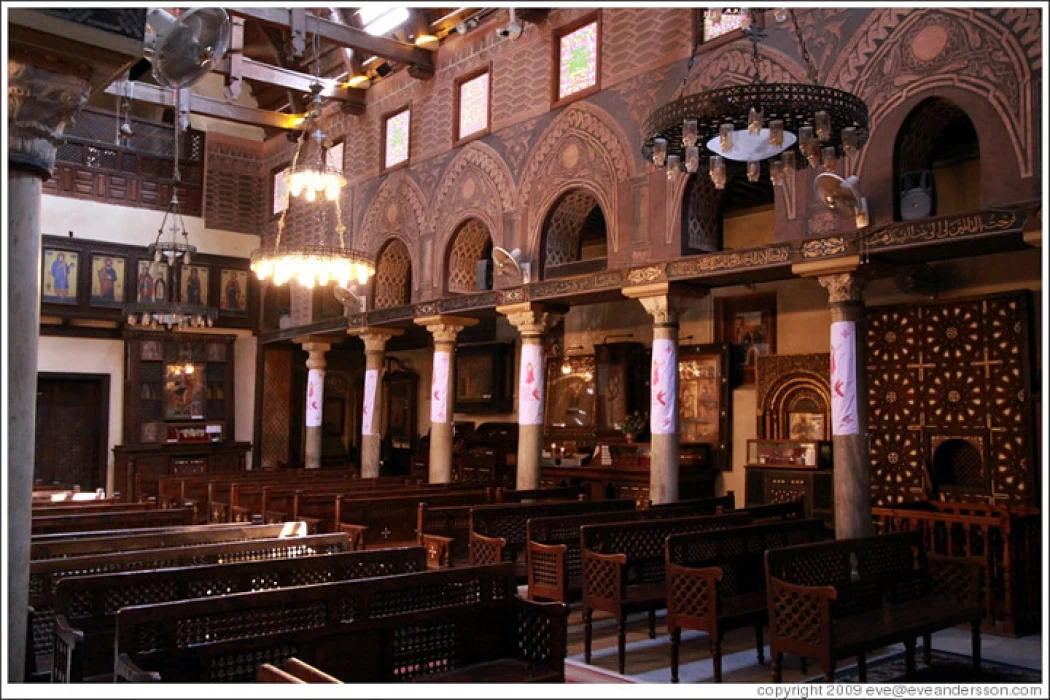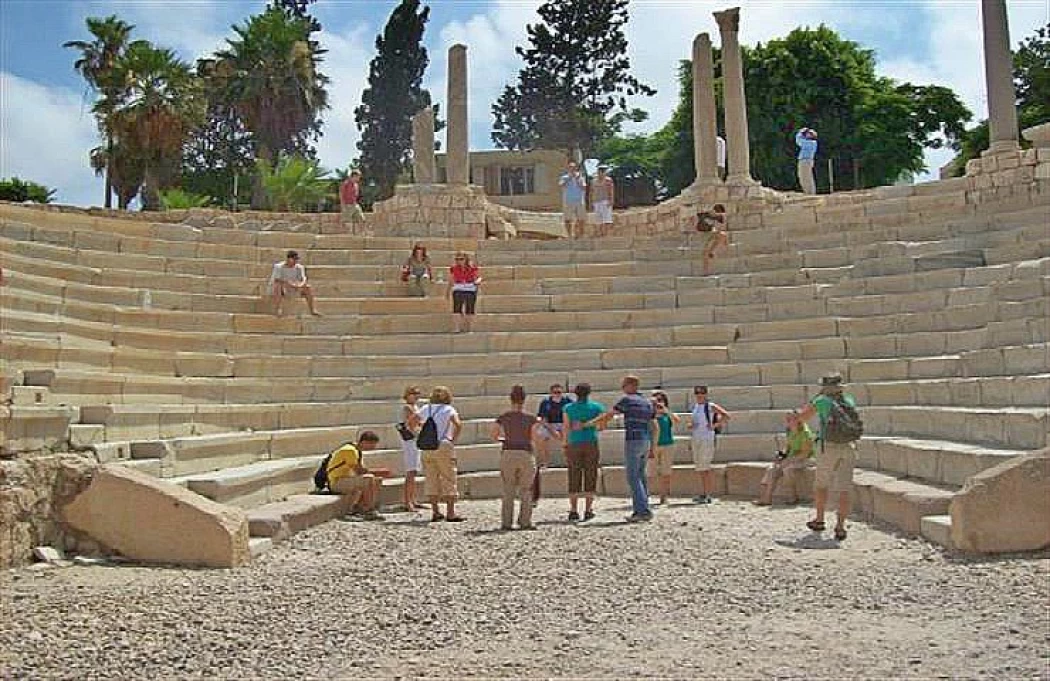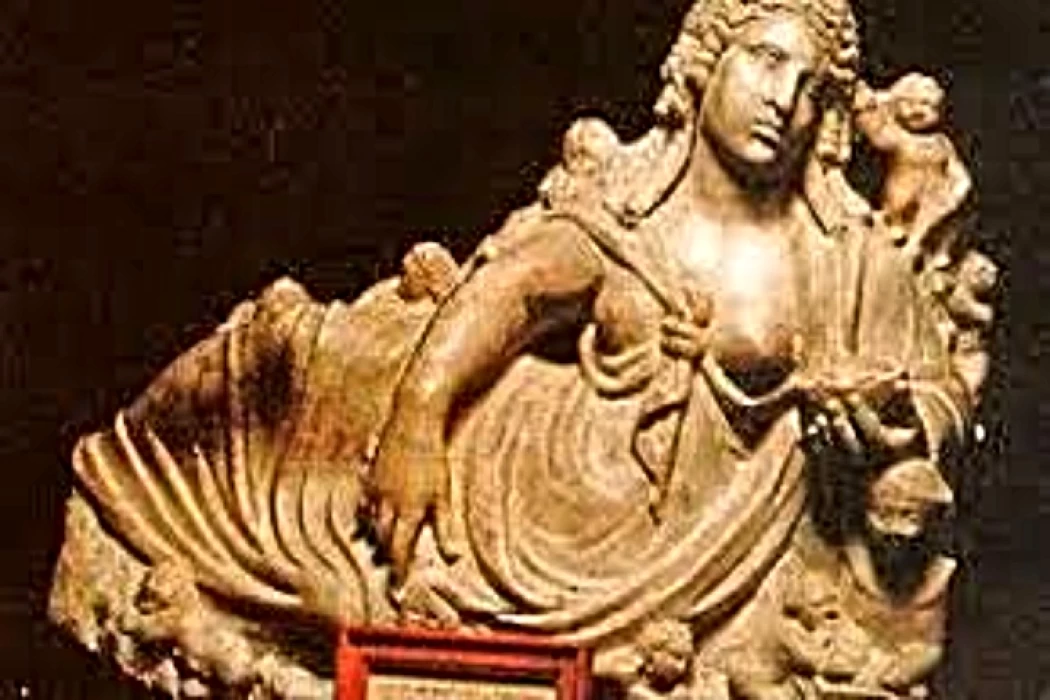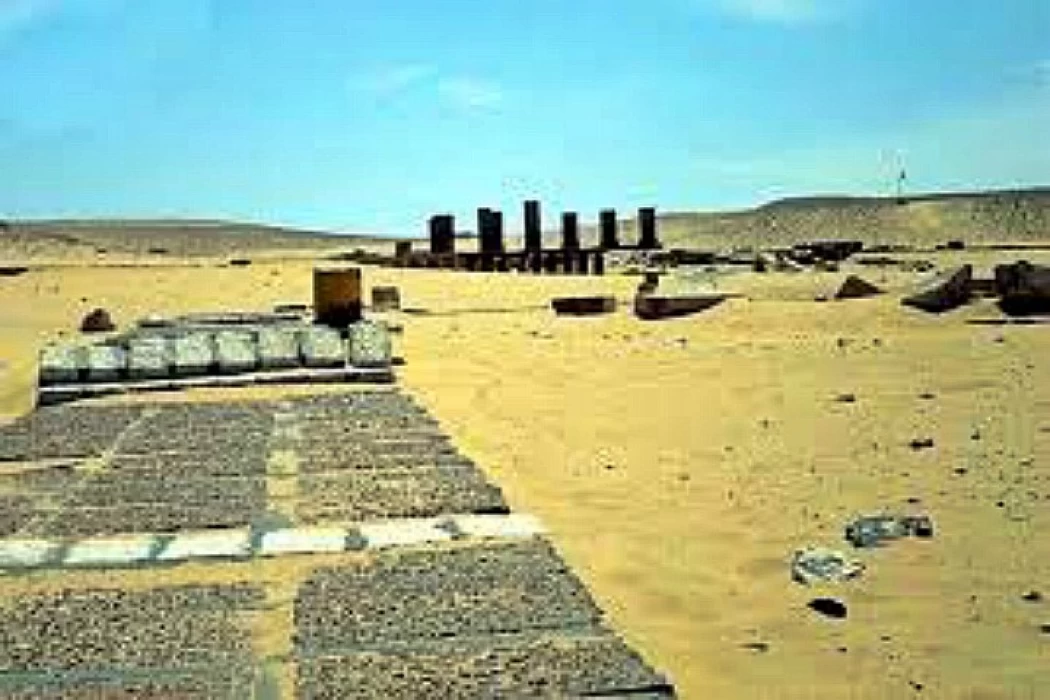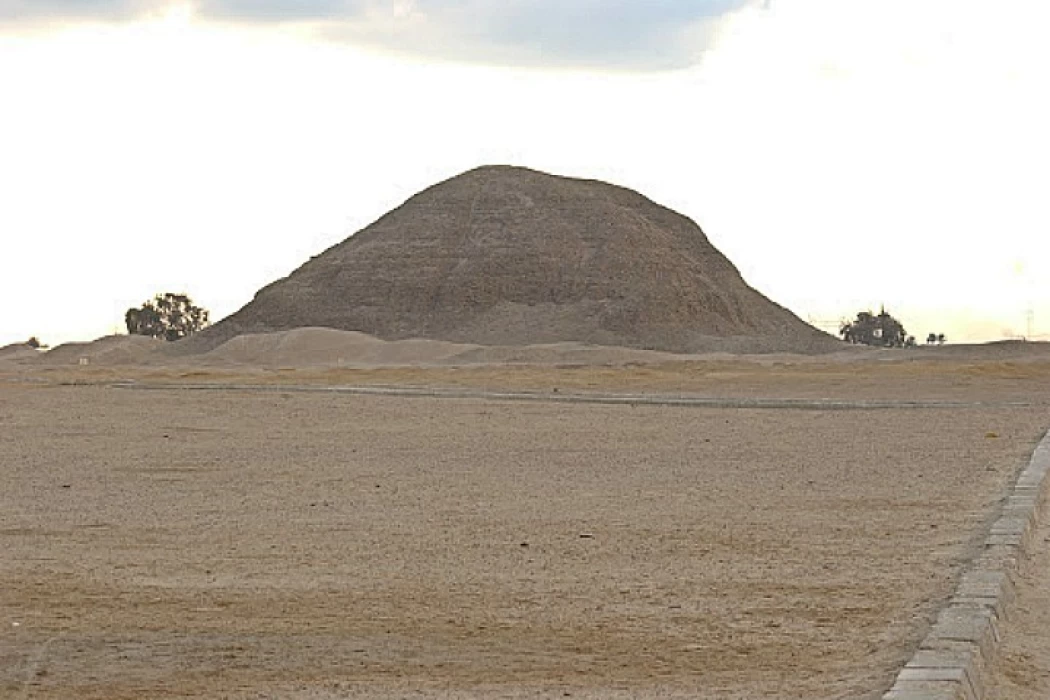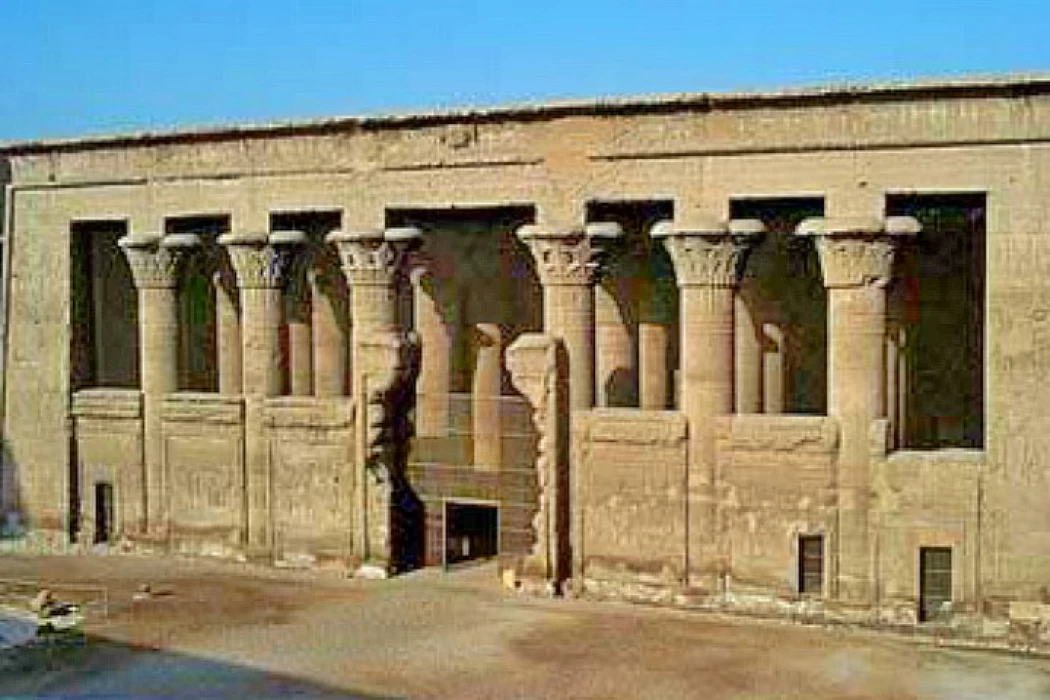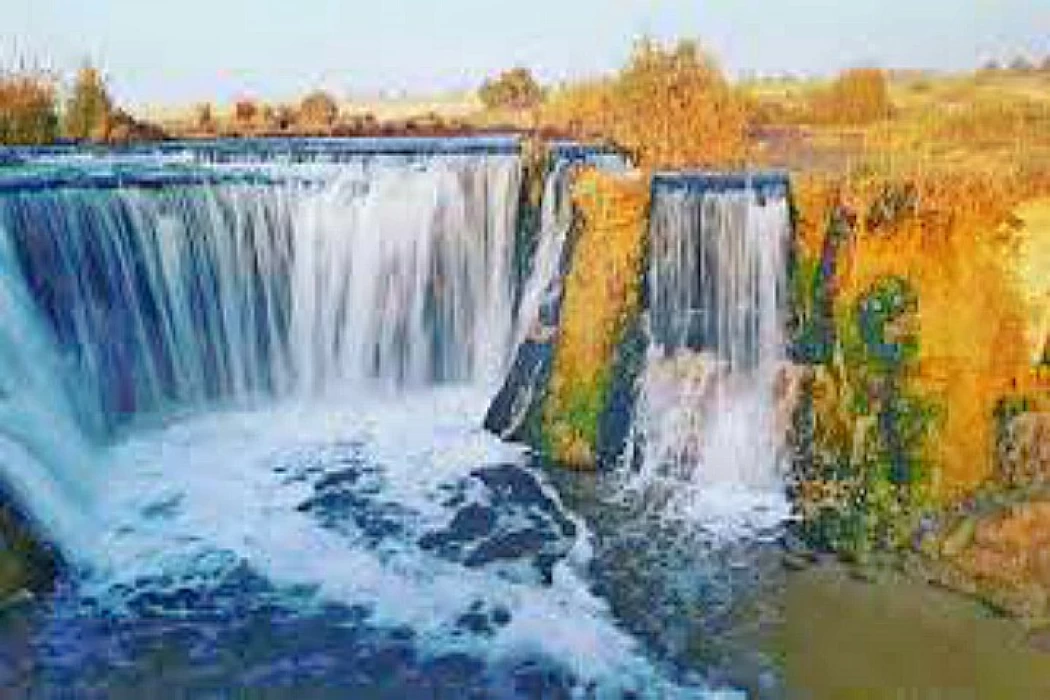Admin
The Old Kingdom of Egypt is considered one of the most important kingdoms because it is where the most important building in Pharaonic history, the Pyramids of Giza, was built, along with other landscapes such as temples, tombs, and other great things in this era.
Admin
The Middle Kingdom
The Middle Kingdom is considered one of the most important kingdoms in ancient Egypt, as it was a period full of prosperity and military campaigns, because of which they were able to secure the Egyptian borders and create great things, as they left us a great historical legacy, the most famous of which is the canal that connected the north to the south of Egypt.
Admin
The New Kingdom
The New Kingdom is considered one of the most important kingdoms that left us an indispensable treasure in Egyptian history, as it was the most prosperous period in ancient Egypt as it brought kings such as Ramses III, Queen Hatshepsut, Tutankhamun, and other great kings.
Admin
Muslim Conquest in Egypt
Egypt became part of the Islamic world and played a pivotal role in Islamic and Arab history. The conquest had a different aspect than many conquests, as it was characterized by organization and negotiation, as well as military power.
Admin
Christianity in Egypt
The Christian faith in Egypt continues to exist through enduring time since its original establishment. The centuries of exclusion alongside contemporary difficulties have not stopped Egyptian Christians from upholding their religious practice together with cultural heritage and numerical identity.
Admin
The Greco-Roman Era in Egypt
During the Greco-Roman period, the people of Egypt shared and transformed their culture greatly. While foreign powers were in charge, Egyptians helped save their ancient lifestyle and came to embrace new traditions. When Greek, Roman, and Egyptian influences were combined, they created a society known for its great achievements and perseverance. You can see its influence in Egypt’s language, religious beliefs, art and overall identity.
